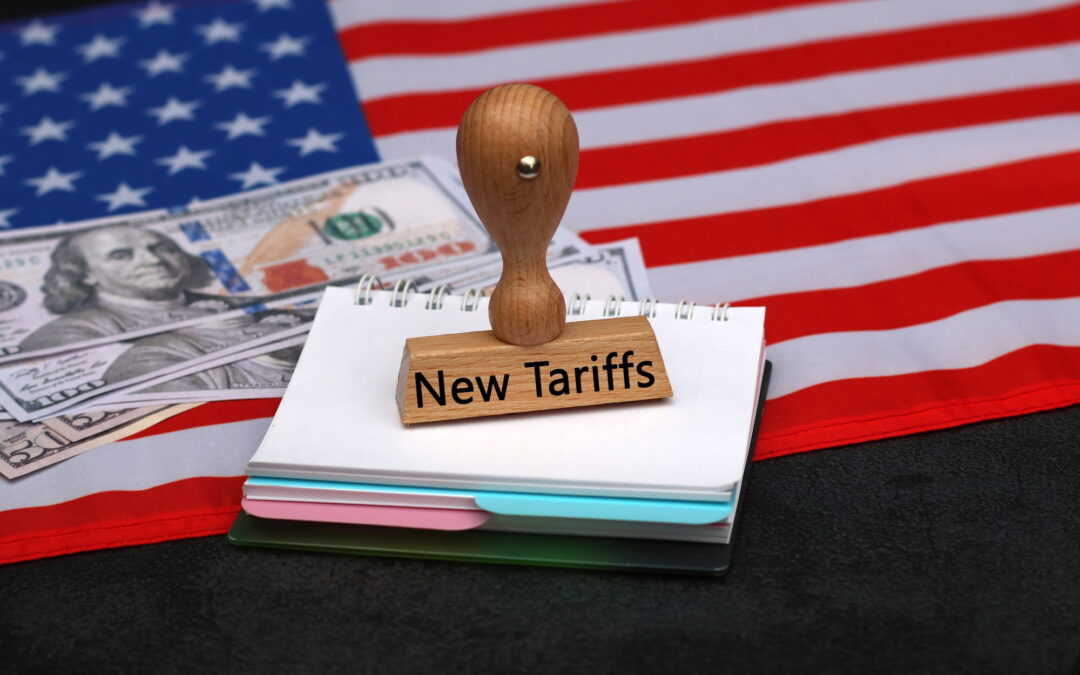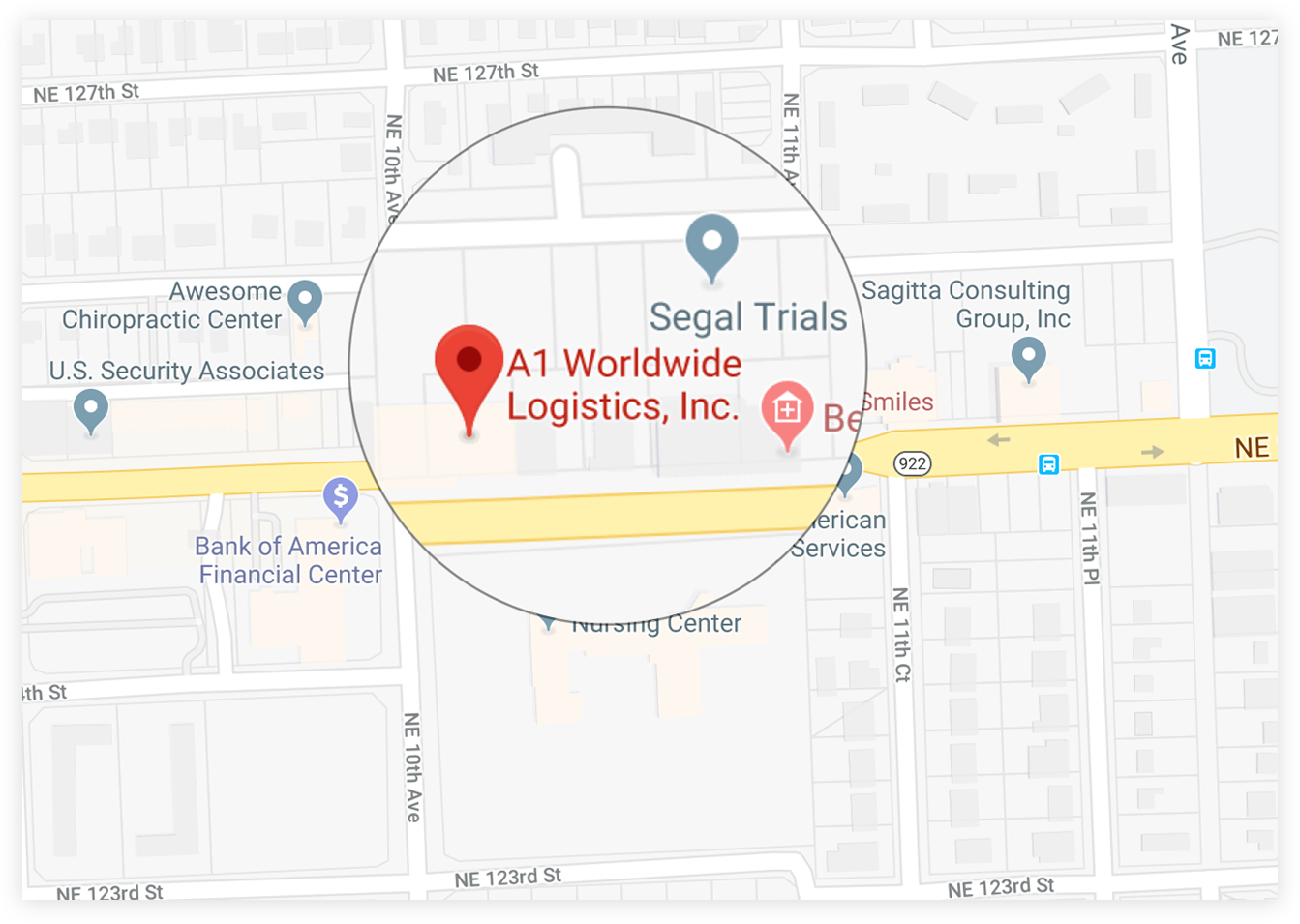Court Blocking Trump’s Tariffs
Share Article in Social Media
A ruling by the US Court of International Trade (CIT) has resulted in the Federal court blocking Trump’s tariffs. Termed “Liberation Day”, the president signed an executive order on April 2 introducing a 10% tax for most trading partners. On May 28, a three-judge panel from the CIT determined that Trump’s tariffs were unlawful. In particular, the court noted that the administration had exceeded its authority under the International Emergency Economic Powers Act (IEEPA). The court ruling was also against the higher tariffs Trump proposed for imports from Canada, China, and Mexico. With the tariffs potentially having a significant impact on trade, the blocking is a landmark decision for international shipping.
Why Is the US Federal Court Blocking Trump’s Tariffs?
The blocking of Trump’s tariffs comes after various businesses and states filed lawsuits against the levies. Some of the states included Delaware, Illinois, Maine, Oregon, Arizona, Colorado, New Mexico, New York, and Vermont. The argument was that Trump’s enforcement overstepped presidential powers, and CIT eventually sided with the plaintiffs, blocking the tariffs. The court released a statement stating, “The Worldwide and Retaliatory Tariff Orders exceed any authority granted to the President by IEEPA to regulate importation by using tariffs.” CIT further noted that the president’s reasons for imposing taxes do not represent “unusual and extraordinary threats.” The IEEPA is a US law that grants the President authority to regulate economic transactions when declaring a national emergency.
President Trump’s goal behind enforcing reciprocal tariffs is to address trade imbalances with the US’s trading partners. Trump has argued that trading partners, like China and the European Union, have imposed significantly higher tariffs on US imports. The levies are a tool to pressure countries into making better trade deals and reducing trading barriers. There is also a goal to bring manufacturing back to the US to create jobs and stimulate the economy. While it could boost domestic shipping and production, analysts believe it may harm the economy by creating inflation. There was also a fear that countries would impose their retaliatory tariffs.
What Was The Response To The Decision?
Immediately after the court blocked the tariffs, the Trump administration announced plans to appeal the ruling. The next step could be a potential escalation of the case to the Supreme Court. While there hasn’t been a direct response from Trump, administration officials strongly opposed the appeal. Stephen Miller, White House Deputy Chief of Staff, released a statement stating, “The judicial coup is out of control.” White House spokesperson Kush Desai said, “It is not for unelected judges to decide how to properly address a national emergency.” The ruling could soon disrupt US ports due to the uncertainty for importers that were navigating the active tariffs.
Despite the tariffs being on pause, A shipper should be aware of what to expect when transporting cargo. Lacking a proper understanding when starting can lead to delays, financial loss, and cargo loss. Shippers must stay informed about news that could impact their shipments. Another way to prepare when importing into the US is by contacting a Licensed Customs Broker. Customs brokers are individuals or firms that assist importers in meeting federal requirements for customs clearance. They accomplish this by offering services such as providing documentation, calculating tariffs, classifying cargo, ensuring compliance, and more. Contact A1 Worldwide Logistics at info@a1wwl.com to speak with a broker about the success of your shipment.





 1035 NE 125th St Suite #320, North Miami, FL 33161.
1035 NE 125th St Suite #320, North Miami, FL 33161. a1worldwidelogistics.com
a1worldwidelogistics.com (305) 821-8995
(305) 821-8995 Hours: 8AM - 5PM
Hours: 8AM - 5PM